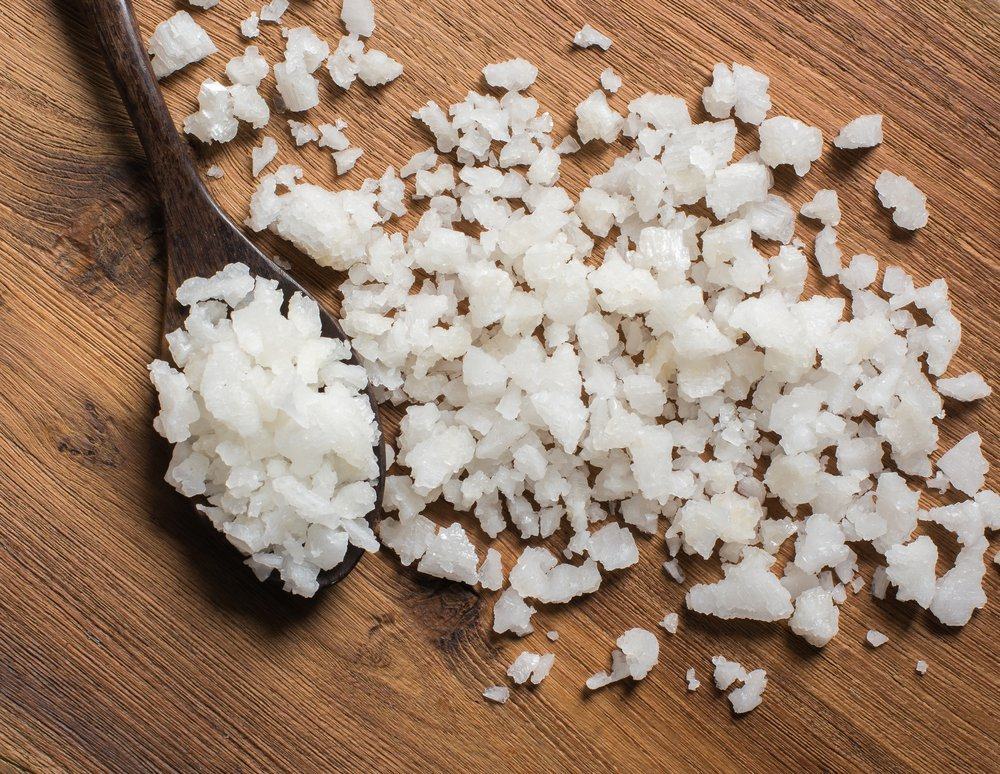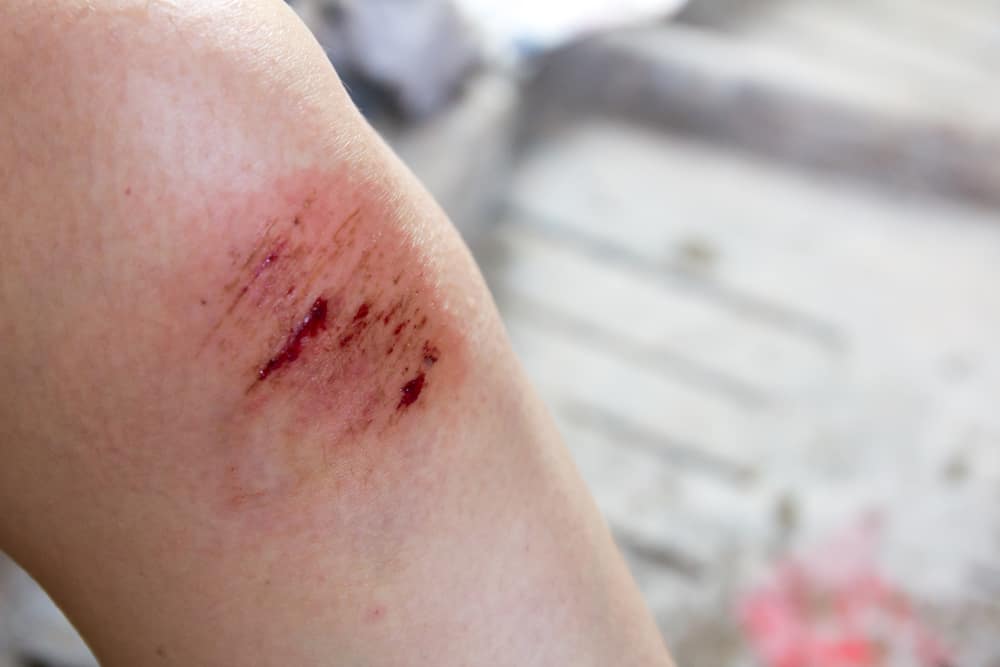Contents:
- Medical Video: Is there a Healthy Salt?
- Different types of salt you need to know
- 1. Table salt
- 2. Sea salt
- 3. Himalayan salt
- 4. Kosher salt
- 5. Celtic Salt
- Which salt is healthier?
Medical Video: Is there a Healthy Salt?
Salt is one of the ingredients we need in every dish. By adding salt, it creates a taste of good food to enjoy so that you become tasteful for eating. Even so, adding too much salt to the dishes can make the dish salty. In addition, too much salt intake can also cause you to experience high blood pressure. Behind it all, there are actually various types of salt in this world.
Different types of salt you need to know
There are several types of salt that you can add to your cooking.
1. Table salt
Table salt is the salt you normally use when cooking. This salt has gone through a lot of processing so it has a very fine texture and has also been enriched with iodine. Iodine is one of the important minerals needed by the body. Lack of iodine intake can cause children to experience mental delays, hypothyroidism, and various other health problems. With the addition of iodine to salt, this disease caused by iodine deficiency can be prevented.
Table salt contains almost all pure sodium chloride, 97% or higher. Usually table salt is added with an anti-caking agent to prevent clumping, so you can get it as fine grains that don't stick together.
2. Sea salt
Sea salt is made by evaporating sea water. Not much different from table salt, sea salt also contains a lot of sodium chloride (natural) but contains little minerals. However, this depends on where the salt is harvested and how the salt is processed. Usually sea salt contains minerals such as potassium, iron and zinc.
Because pure sea salt is made in the sea, sea salt can also be contaminated with metals (such as lead) due to sea pollution. The darker the color of sea salt, the higher the content of impurities as well as the mineral elements in the salt.
The disadvantages may be in the taste of sea salt which is different from table salt, especially if you never consume it. Impurities and minerals in sea salt can also affect the taste. The taste of sea salt may be stronger than table salt.
3. Himalayan salt
Maybe you rarely know him, but this is salt that comes from the second largest salt mine in the world called Khewra Salt Mine in Pakistan, not from the Himalayas as you might guess. This salt has a pink color derived from the iron content in the salt. Himalayan salt contains lower sodium minerals than table salt. However, this salt contains approximately 84 important minerals needed by our body, including calcium, iron, potassium, and magnesium. Because of its content, Himalayan salts are believed to help reduce muscle cramps, maintain healthy blood sugar, and maintain acid-base health in cells.
4. Kosher salt
Kosher salt has a coarser texture like an irregular crystal, different from the table salt you usually find. In addition, the difference is that kosher salts do not contain anti-caking agents so they are easier to clot and also do not contain iodine. However, kosher salts have a flavor that is not much different from table salt, but lighter.
5. Celtic Salt
This salt has a grayish color, not infrequently people know it as gray salt (gray salt) Celtic salt contains a little water so it keeps it moist. In addition, this salt also contains a number of minerals, but has a lower sodium content than table salt. This salt has an alkaline nature and can be used to prevent muscle cramps.
Which salt is healthier?
Basically, all salt is of the same use, which is to add flavor to your cuisine. You can choose which salts you can add to your cooking according to taste, texture, color, and habits. During this time you may be accustomed to using table salt in your cooking, this is not a problem as long as you add it in sufficient quantities (not excessive). If you want to get attractive colors in your cuisine, you can sprinkle Himalayan salt on your cooking after cooking.
In addition, all salts basically also contain sodium chloride and various important minerals for the body. However, you should choose salt that contains iodine because this mineral is very needed by the body and iodized salt is proven to prevent you from various iodine related diseases.
READ ALSO
- Revealing the Benefits of Salt Water for Oral Health
- Guide to Living a Low Salt Diet for High Blood Pressure
- MSG or Kitchen Salt: Which Is Healthier?












